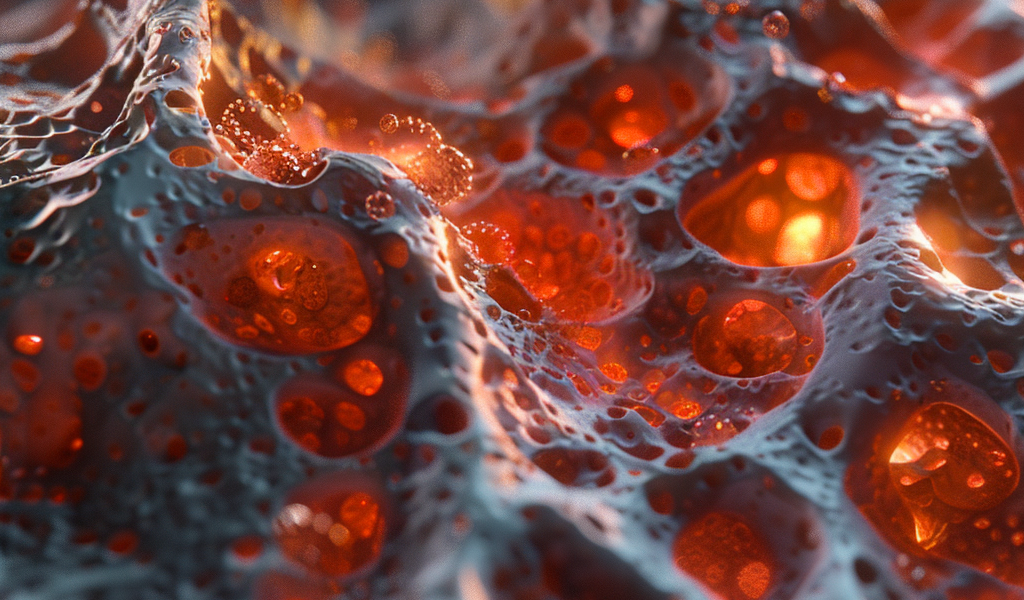Cystic fibrosis is a genetic disease that causes severe respiratory and digestive disorders. Despite the availability of a new treatment since 2020 that improves lung function and quality of life, it does not always eliminate the bacteria responsible for respiratory infections. Researchers at the University of Geneva (UNIGE) have discovered that this drug fails to prevent the development of ‘docking stations’ on the surface of the respiratory tract, to which bacteria attach themselves to infect the body.
These docking stations are a result of a disruption in the signals involved in cell development in the respiratory system. By studying 3D models of human lung cells, the scientists found that combining the current treatment with other molecules may restore cell balance and better prevent bacterial infections. The findings of this study have been published in the American Journal of Respiratory Cell and Molecular Biology.
Cystic fibrosis is the most common genetic disease, affecting one in every 3,300 newborns in Switzerland each year. Mutations in the gene responsible for the CFTR protein cause the secretion of excessively thick mucus, obstructing the airways. While a triple therapy introduced in Switzerland in 2020 has improved the quality of life for individuals with cystic fibrosis, it is not universally suitable and does not always prove effective.
According to Marc Chanson, a full professor at UNIGE’s Faculty of Medicine and member of the Geneva Inflammation Research Centre, understanding the reasons for the residual inflammation and persistent respiratory infections in a significant proportion of patients taking this treatment is crucial to improve patient care.
Previous studies by Marc Chanson’s team had revealed that respiratory cells affected by cystic fibrosis develop docking stations on their surface that enable bacteria to firmly anchor to the lungs. The researchers aimed to determine whether the triple therapy had an effect on this mechanism predisposing to bacterial infection.
By comparing 3D models of human lung cells, the scientists demonstrated that the current triple therapy does not prevent the formation of these docking stations. The gene expression in healthy cells compared with cystic fibrosis cells indicated an imbalance in cell signals.
This study sheds light on the limitations of the current treatment for cystic fibrosis and provides a potential pathway for improving patient care by addressing the underlying mechanisms of bacterial infections in the respiratory system.





